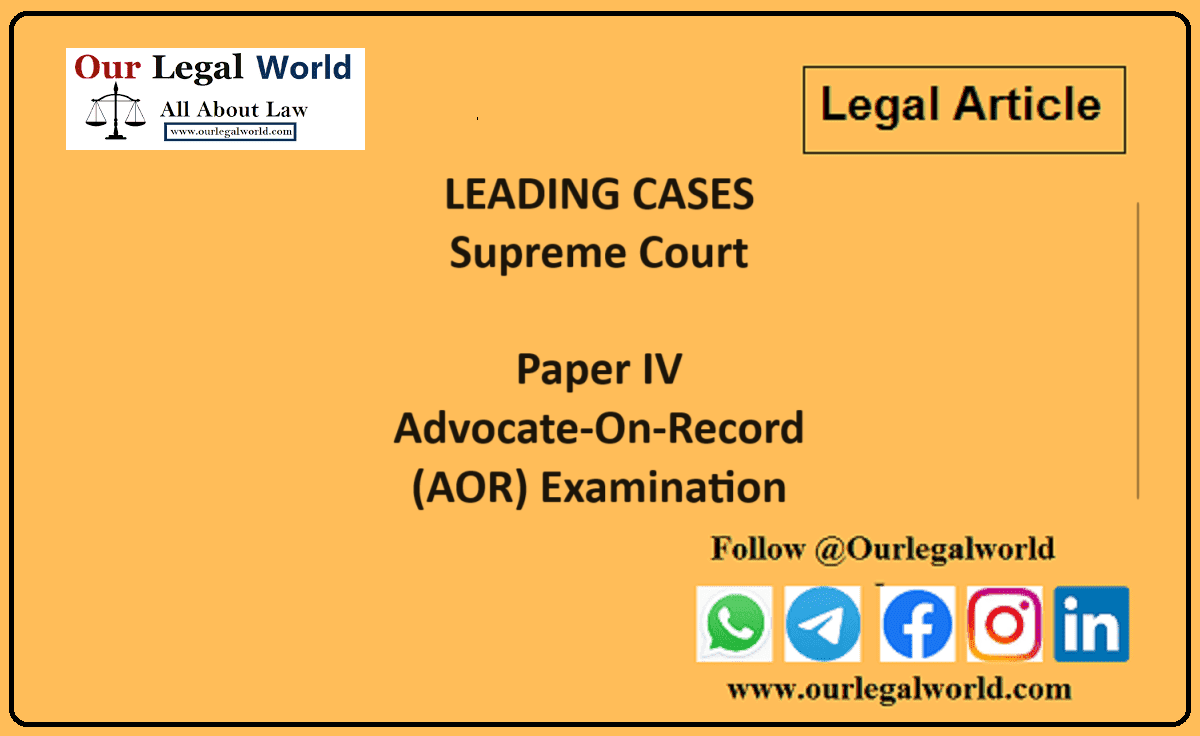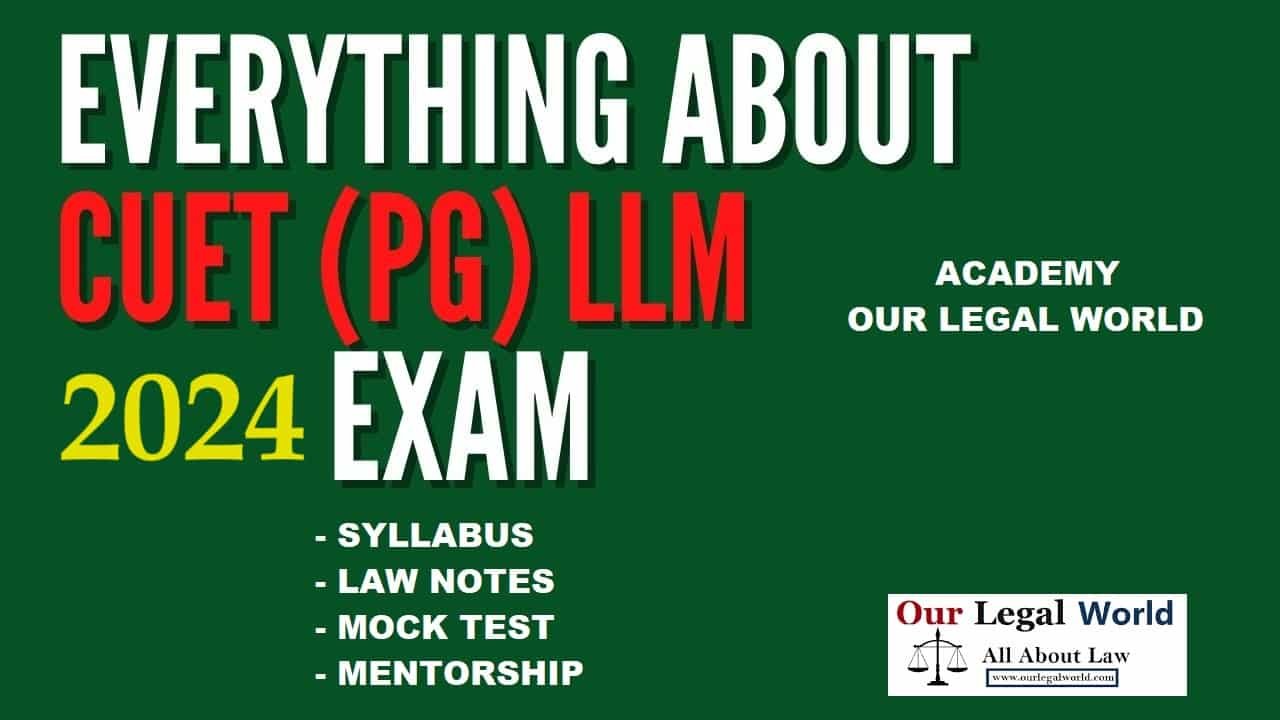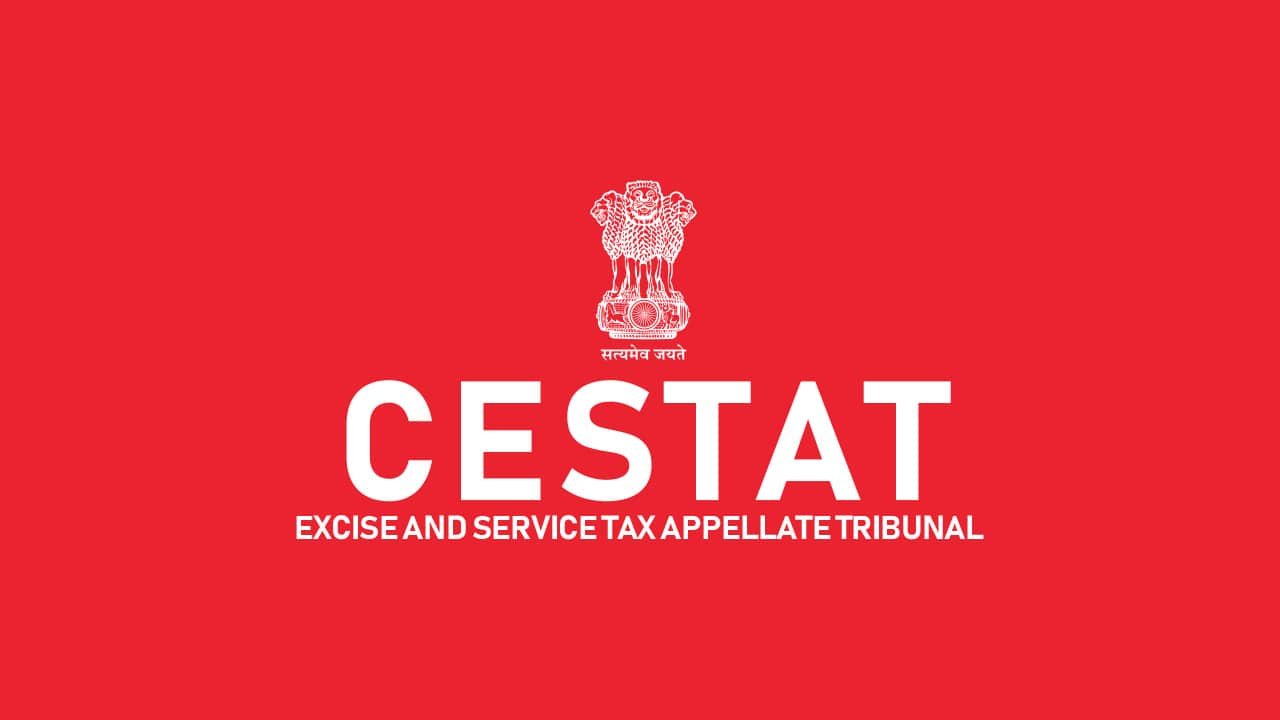CLAT PG 2022:- Important Judgments/Case Laws
CLAT PG/LLM 2023: Important Judgements: Click here
1. Union of India v. KA Najeeb 2022
The apex court held that Section 43D (5) of UAPA per se does not oust the ability of Constitutional Courts to grant bail on the ground of violation of the Fundamental Right to Speedy Trial.
Bench: Justices NV Ramana, Surya Kant and Aniruddha Bose
2. Vikash Kumar v. UPSC 2021
A bench comprising of Justices DY Chandrachud, Indira Banerjee and Sanjiv Khanna observed that the decision in V Surendra Mohan v. State of Tamil Nadu would “not be a binding precedent”, after the coming into force of the Rights of Persons with Disabilities Act 2016. The Bench in the same judgment also held that the facility of the scribe can be provided for persons with disabilities other than those having benchmark disabilities.
Also Read: Hindu Law Case Laws e-Flashcard Series for Judicial Services Exam Click here
3. Engineering Analysis Centre for Excellence Private Ltd vs The Commissioner of Income Tax 2021
Three judges bench comprising Justices R F Nariman, Hemant Gupta and BR Gavai held that the amounts paid by Indian companies for the use of software developed by foreign companies do not amount to ‘royalty’ and that such payment does not give rise to income that is taxable in India. Therefore, there is no liability for Indian companies to deduct tax at the source with respect to the purchase of software from foreign companies.
Also Read: LLM Entrance Exam Notes/Mock Test: Click here
4. Vikas Kishanrao Gawali v. State Of Maharashtra 2021
Three judges bench Justices AM Khanwilkar, Indu Malhotra and Ajay Rastogi “Reservation in favour of OBCs in the concerned local bodies can be notified to the extent that it does not exceed aggregate 50 per cent of the total seats reserved in favour of SCs/STs/OBCs taken together,”
The Supreme Court read down Section 12(2)(c) of the Maharashtra Zilla Parishads and Panchayat Samitis Act, 1961 which provides reservation of 27 per cent of seats in the Zilla Parishads and Panchayat Samitis.
5. Madras Bar Association v. Union of India 2021
The Supreme Court by 2 :1 majority set aside the provisions in the Tribunals Reforms Ordinance 2021 which fixed the term of members of various tribunals as four years. The majority comprising Justices L Nageswara Rao and S Ravindra Bhat held that this term violated the express direction given in the earlier judgments in Rojer Mathew and Madras Bar Association cases that the term of tribunal members should be 5 years. Accordingly, the bench set aside those provisions. Justice Hemant Gupta dissented saying that a law cannot be struck down merely for the reason of being contrary to judgments.
6. Neil Aurelio Nunes v. Union of India, 2022 SCC OnLine SC 75
Reservation is not at odds with merit”; Here’s why SC upheld OBC reservation in NEET PG and UG Admissions in AIQ quota.
7. Ashish Shelar v. Maharashtra Legislative Assembly, 2022 SCC OnLine SC 105
Suspension of 12 Maharashtra BJP MLAs for one year “grossly illegal”; worse than expulsion, disqualification or resignation.
8. Union of India v. Alapan Bandyopadhya, 2022 SCC OnLine SC 16
Applying the law laid down in L. Chandra Kumar case to the case at hand, the Court noticed that the Principal Bench of the Central Administrative Tribunal at New Delhi, which passed the order transferring the proceedings to Delhi, falls within the territorial jurisdiction of High Court of Delhi.
9. JAGJEET SINGH AND OTHERS V. ASHISH MISHRA ALIAS MONU AND ANOTHER 2022
Victim has right to participate in every step of criminal process till conclusion of appeal.
Pertinently, the apex court held the following with respect to exercise of powers under Section 439 of the Criminal Procedure Code by High Courts to grant bail:
1. Court while deciding an application for bail, should refrain from evaluating or undertaking a detailed assessment of evidence, as the same is not a relevant consideration at the threshold stage;
2. While a Court may examine prima facie issues, including any reasonable grounds whether the accused committed an offence or the severity of the offence itself, an extensive consideration of merits which has the potential to prejudice either the case of the prosecution or the defence, is undesirable.
10. Noel Harper v. Union of India 2022
SC upholds constitutional validity of 2020 amendments made to FCRA. The case of the petitioner was that Sections 7, 12(1A), 12A, and 17(1), were manifestly arbitrary, unreasonable, and impinging upon the fundamental rights guaranteed to the petitioners under Articles 14, 19, and 21 of the Constitution.
30+ Comprehensive Important Judgments summaries for CLAT PG 2023 click here








